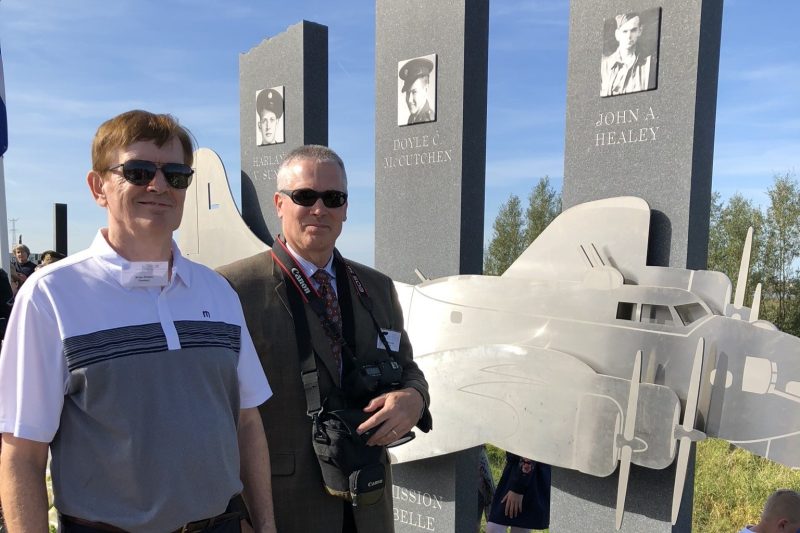PUBLISHED: 3rd September 2024

by Mike Philbin
September is Prostate Cancer Awareness Month. I became aware of prostate cancer when I was 10 years old, and my 55-year-old father was diagnosed with de novo metastatic prostate cancer. He passed away two years later. Due to Dad’s metastatic prostate cancer diagnosis at an early age, my older brother and I realized that we were in a high-risk group for developing aggressive prostate cancer. So we both started PSA (Prostate Specific Antigen) screening for prostate cancer when we were in our forties. My brother was diagnosed with prostate cancer at age 53. However, his cancer was caught at an early stage due to proactive screening. Thankfully, he is still thriving 22 years later.
I started screenings when I was 40. My third biopsy, at age 52, detected prostate cancer; an MRI indicated that it was confined to my prostate. With a Gleason Score of 7 and my family history, my doctor recommended a Robot-Assisted Radical Prostatectomy (RARP) and a Bilateral Pelvic Lymphadenectomy (PLND). Both procedures were performed at Memorial Sloan Kettering Cancer Center (MSKCC). Ten years later, my status is still No Evidence of Disease (NED). Because of our proactive screening, my brother and I were diagnosed at an earlier and more treatable stage than Dad’s.
I assumed that the only related issue I needed to be concerned with was a recurrence of my prostate cancer. That changed in 2020, six years after my initial diagnosis when genetic germline testing revealed that I had a pathogenic BRCA2 mutation. Based on this knowledge, my genetic counselor informed me that I was at higher risk for male breast cancer as well as pancreatic cancer. They recommended I begin screening for male breast cancer. (Approximately one in 12 men with a BRCA2 mutation develop male breast cancer.) To date, I have had four mammograms.
Since there was no proven screening method for pancreatic cancer at that time, my genetic counselor also recommended that I consider taking part in a research study. (Approximately one in 20 people with a BRCA2 mutation develop pancreatic cancer.) I am participating in the CAPS-5 (Cancer of the Pancreas Screening-5) clinical trial to develop a screening method for pancreatic cancer, and so far, I have had three endoscopic ultrasounds.
I became a volunteer with FORCE in 2021 and currently volunteer as a Peer Navigator, a Patient Advocate Leader, a Patient Advocate, a Social Media Ambassador and a Community Leader. I am also the FORCE representative on the Patient Advocacy Advisory Board for the Society of Nuclear Medicine and Molecular Imaging (SNMMI). I am grateful for the knowledge that I have and for the ability to give back to others.
POSTED IN: Voices , Hereditary Cancer - General
TAGS: BRCA , Hereditary Cancer , Prostate Cancer , Men With Mutations